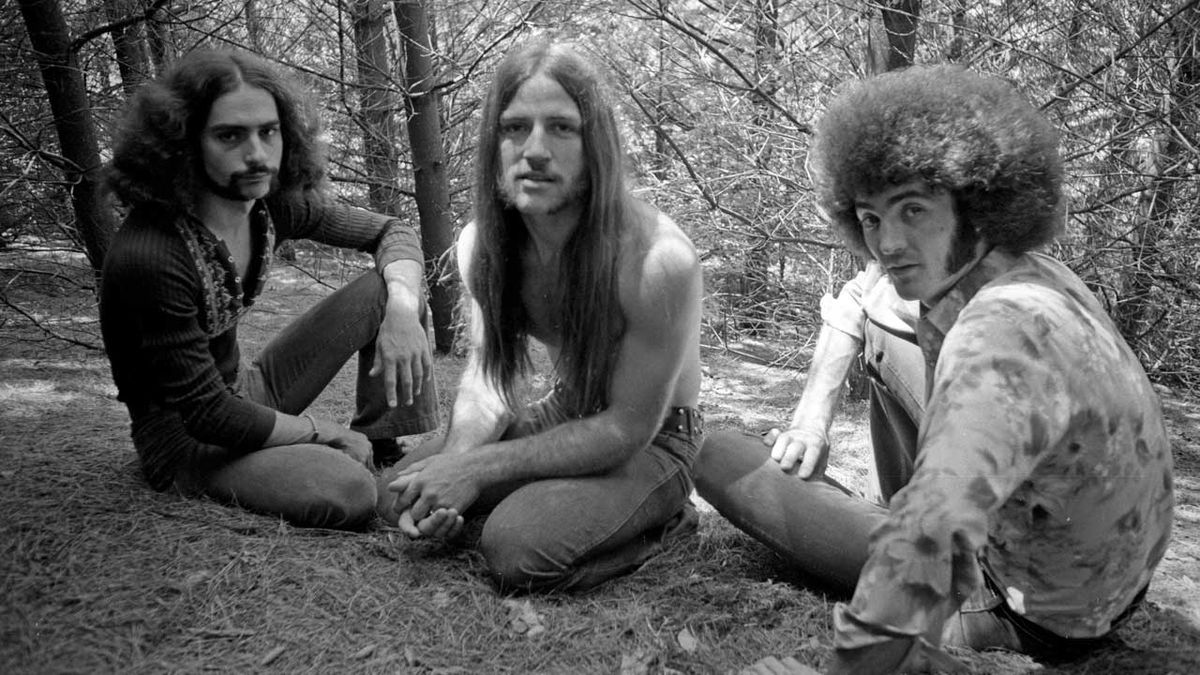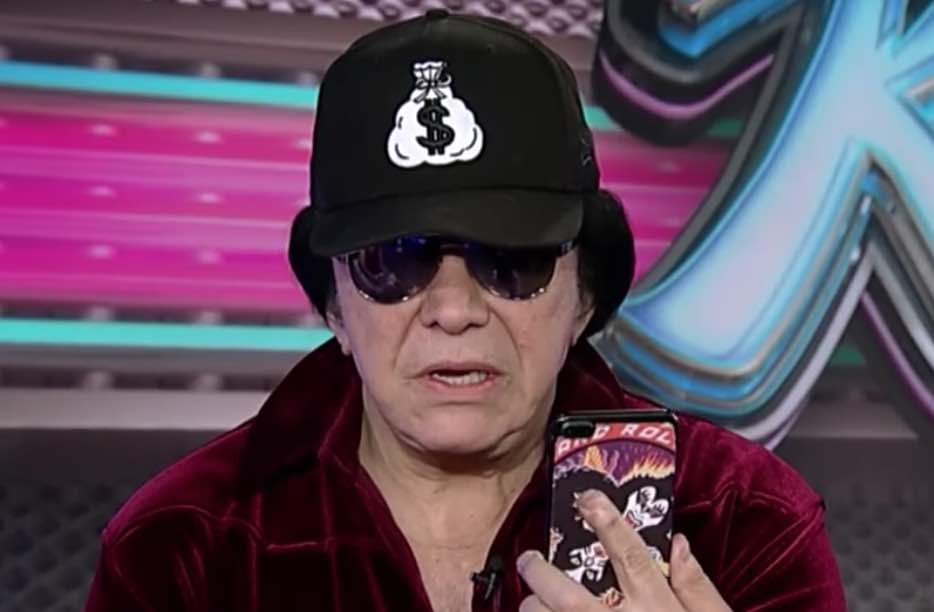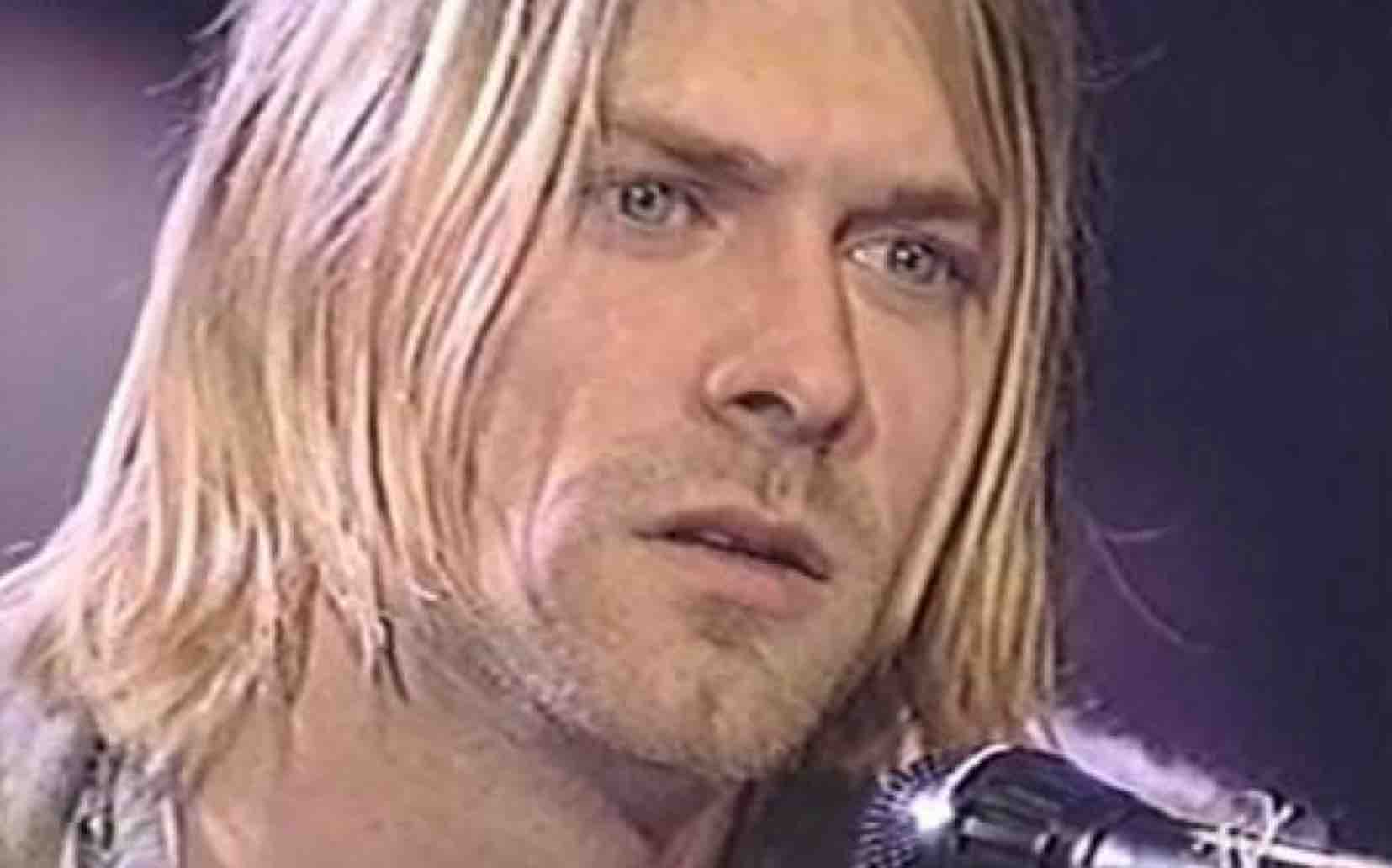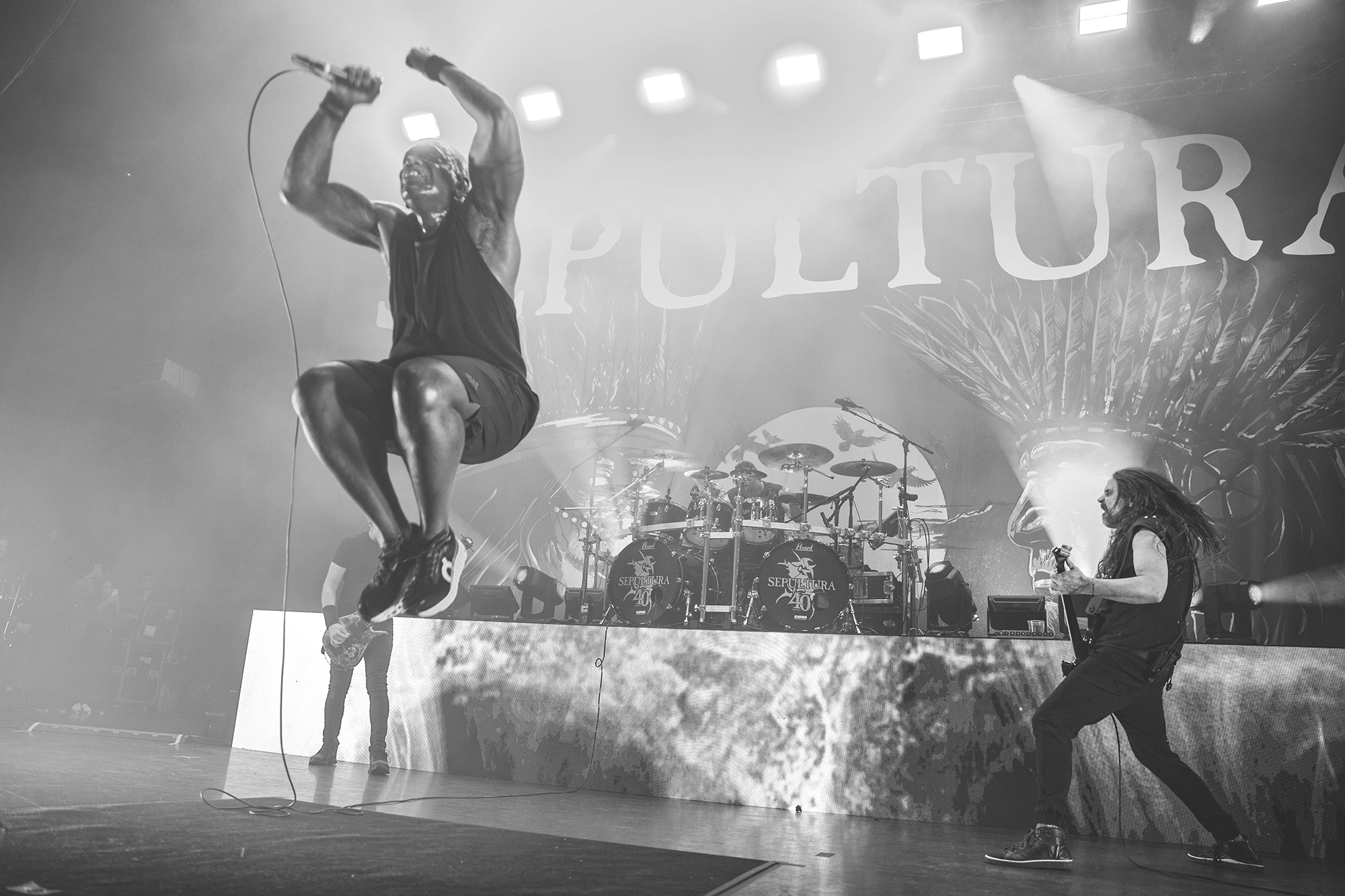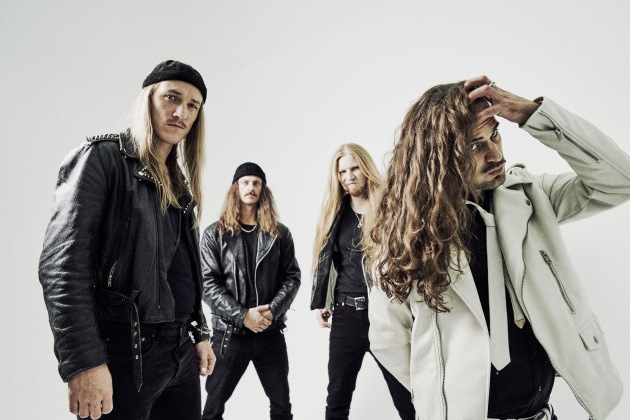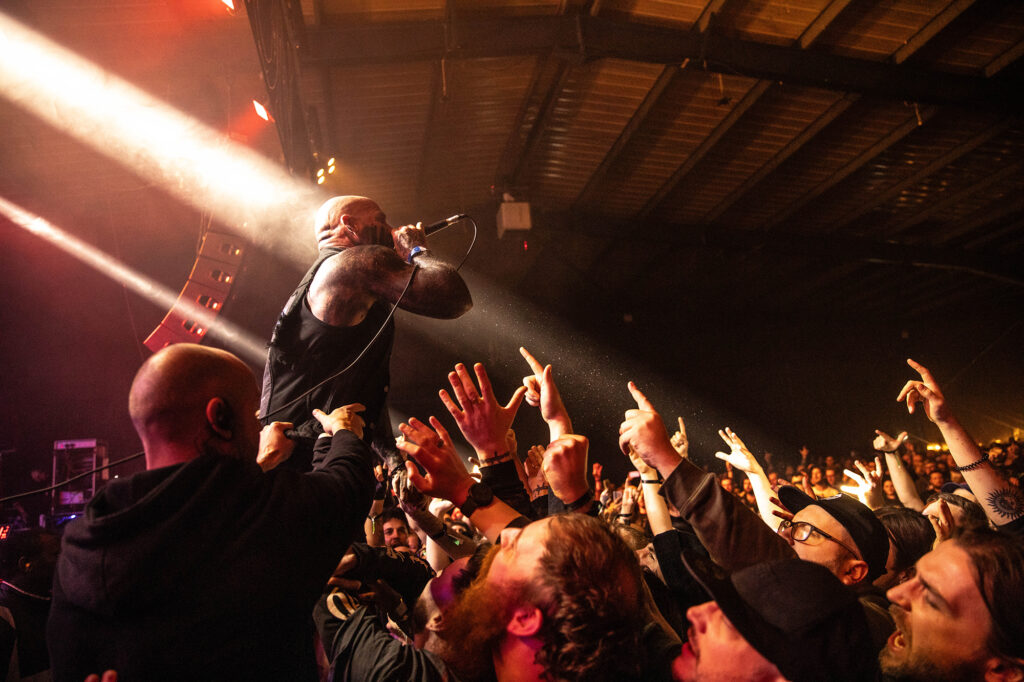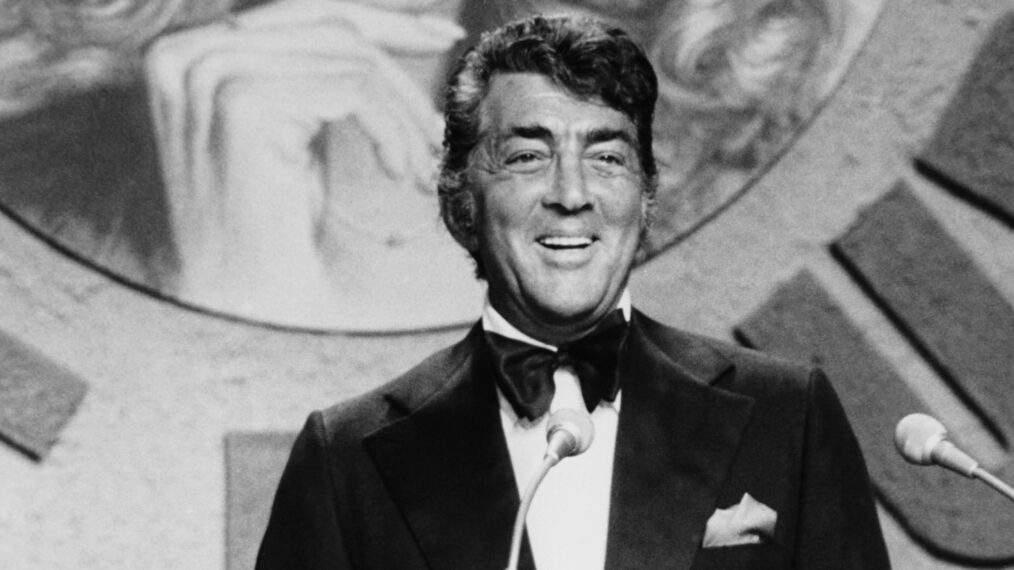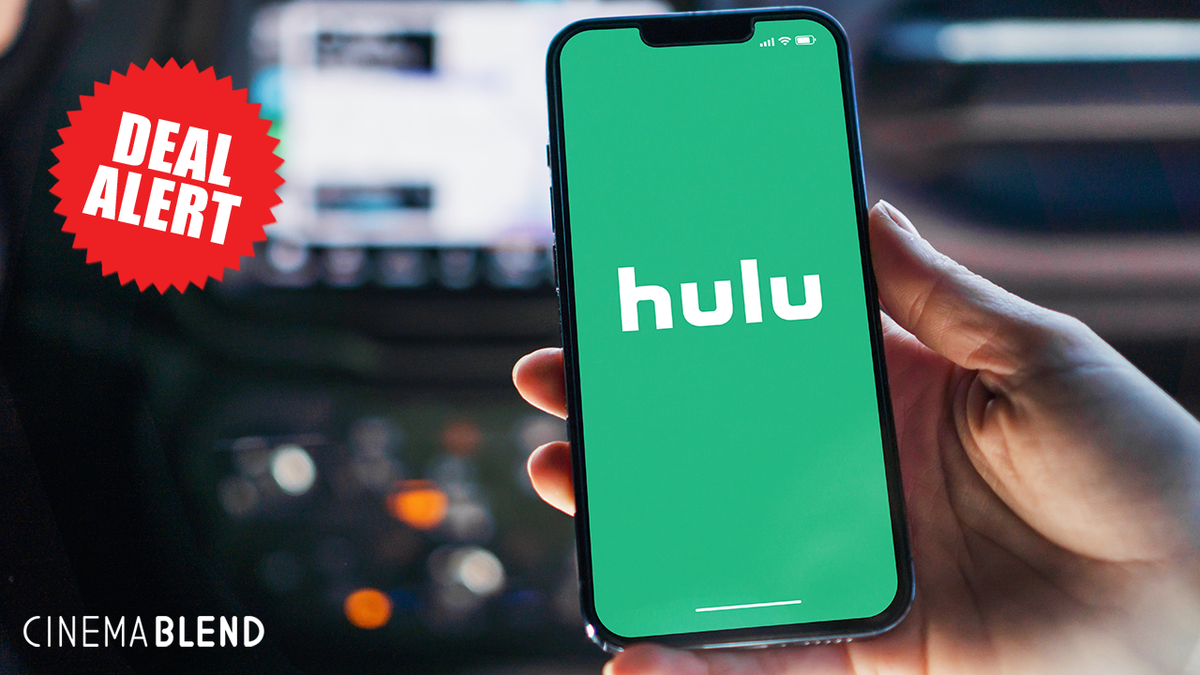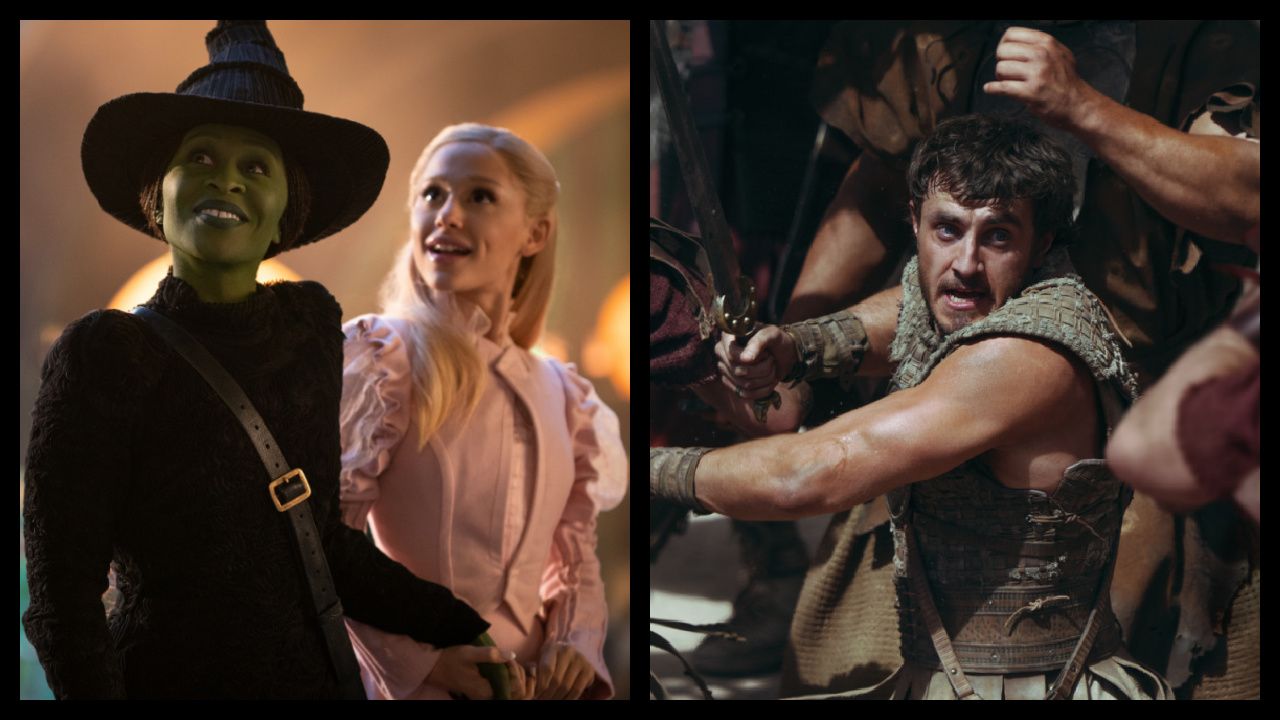
Composer, vocalist and author Robyn Hitchcock has long been devoted to the past of psychedelia without ever being devoured by its inspirations. Be it literally or figuratively, Hitchcock quoted from fellow English eccentrics such as Syd Barrett, Kevin Ayers and Robert Wyatt on wholly original albums with his Soft Boys (such as 1979 debut A Can Of Bees) and those quixotic lyrical efforts he produced as a wordy solo sensation, starting with 1981’s Black Snake Diamond Röle and ending (for now) with 2023’s Life After Infinity.
These days, Hitchcock has a kaleidoscopic, just-published memoir, 1967: How I Got There And Why I Never Left (Akashic), and its accompanying covers album, 1967: Vacations In The Past (on which he takes on the psychedelia of his youth by interpreting the likes of Jimi Hendrix and Syd-era Pink Floyd), along with upcoming East Coast lives dates that start on Wednesday.
Hitchcock spoke to MAGNET before leaving for tour.
With 1967, you found a clever way of telling a memoir’s story that isn’t Samuel Johnson dry or the usual self-servingly wet that you find in most autobiographies. How did you go about that process, finding one moment from your past that could illustrate what the rest of your life and work would become?
Well, it was my wife Emma (Swift)’s idea. She said that I should pick one short period—that I couldn’t do the whole thing as it would be too unwieldy. There’s too much of it, so just pick a tiny chunk. That period was the obvious chunk to go for as that set me on the path that I have been on for the rest of my life. 1967 also happens to be the year zero for our culture, the way our culture was up until the internet age. 1967 was the big bang of music, the point where “pop groups” turned into “rock bands”—that was an enormous transformation, the difference between the Dave Clark Five and Jimi Hendrix. That year is interesting from a social historian’s point of view, a music historian’s point of view, a Robyn Hitchcock historian’s point of view—everything converges there.
Do you believe that, like Peter O’Toole, you and your life’s work is worth several autobiographical volumes?
[laughs] I may, but I don’t have any other 1967s. I think that one of the reasons that people like my book is because I was able to distill how it felt, because at that time, I was a blank page. I was a clean reel of tape. I was a tabula rasa. My pores were open and my antennae were up. I was absorbing everything, and for nine months or so, me and the zeitgeist were coasting together, side by side. Then the zeitgeist pulled ahead, and I remained in 1967 for all variety of reasons, but it served me quite well.


Whether we’re looking at 1967 the book or listening to 1967 the album, the psychedelic vision of the U.K. and the U.S. were the steadiest part of your diet. Can you lyrically and sonically tell me what you believe, then and now, was the discernable difference was between the Americas and Great Britain?
Not instantly, no. I mean, I think that comparing the Doors to Pink Floyd, where the keyboard was a big part of one sound and the guitar was a big part of the other sound … They both had hot and fundamentally doomed frontmen. Both people reeked of charisma, and both had very professional groups backing them. What’s the difference? Boy, I don’t know. What’s the difference between Country Joe McDonald and Kevin Ayers? Or between Paul McCartney and Roger McGuinn? They all cross-pollinated, really. Psychedelia came about … It was all part of the ping-pong going on between the States and Britain for 10 years at that point. Y’all came up with rock ’n’ roll when all we had was skiffle, so we couldn’t send that to you. But, eventually, we had the Beatles and sent that to you, and, eventually, you had Bob Dylan, who you sent to us. Then you had Roger McGuinn’s Byrds, which were almost like the Beatles and Dylan mating. After that, almost everything that happened—everyone owes a certain amount to each other’s country.
The early Pink Floyd played blues and “I’m A King Bee.” The Byrds started out as the Beefeaters and did folky covers of Beatles songs. Look at Jim Morrison’s moves. He was basing himself on Mick Jagger. Perhaps psychedelia was the first point where Britain and the States sort of became interchangeable. That might not all be true when you consider that Britain didn’t produce groups like the Grateful Dead or Jefferson Airplane, where, putting it politely, improvisation became a big part of both musical cultures, which ultimately consisted of people getting stoned and noodling away until they stopped. And even that, for a time, was revered: the 15-minute live track. Rock critics loved that—Jack Bruce playing bass like Beethoven. It was a fabulously pretentious time. What I really loved about it was the possibilities; they were limitless. You could put anything you wanted or felt into a song. You could put any chord you wanted into a song. Or lyrics. You wound up with Trout Mask Replica by Captain Beefheart, which is still seen as an avant-garde masterpiece. Nobody got further out than that.
That’s true too of lyrics—the further out that you went, the more impactful it all became to fans and critics. You write in 1967 how Highway 61 Revisited was this explosion of sound and lyric, all while you were also reading T.S. Eliot.
All of that was a direct consequence of taking the lid off lyrics that were basically the merging of Bob Dylan and some drugs, and whoosh. For me, it was the merging of Dylan with William Shakespeare and William S. Burroughs before I got hold of any drugs. I was deeply saturated in words. My father (novelist Raymond Hitchcock), too—he was about words. I came in on that verbal side. But I didn’t start making records until 10 years after all that psychedelia. And Dylan mentioned all of this, referencing Shakespeare characters, T.S. Eliot, Ezra Pound, Bo Diddley. Highway 61, that was the cauldron. Music changed irretrievably after that. I just picked up the pieces.
One of the things that stands out about 1967 is that you had a life in school and a life with your parents—your formative years—that sounds like a remarkably pleasant time. And a kind time. Not to make light of anyone who has had an abusive or horrible childhood, but yours sounds like a youth that was free and clear of distress. What sort of advantage do you think such lovely parents and a nice school had on your work?
[Laughs] Some see it all as lovely, and some see it as dark. Glad to see that it comes off in the book as positive. There is an awful lot of darkness in there. The shadows were brilliant, and my parents were both smart, quite-shy, arty people from lower-class backgrounds. They were both provincial, which made them a little bit afraid of London. My father was an artist, and my mother loved art. She decided to marry my father because she was marrying art, which obviously had its own consequences in the end. She found him to be increasingly hard work. In the end, they stayed together, but with separate partners on the side to accept the runoff in their personalities. My parents were part of the World War II generation, as were my teachers at school. Our parents had the war. We had drugs. Our children have irony. Our grandchildren will have the apocalypse. And in 1967, you had all these people who were aware that everything was changing.
—A.D. Amorosi; photo by Chris Sikich
See Robyn Hitchcock live.




